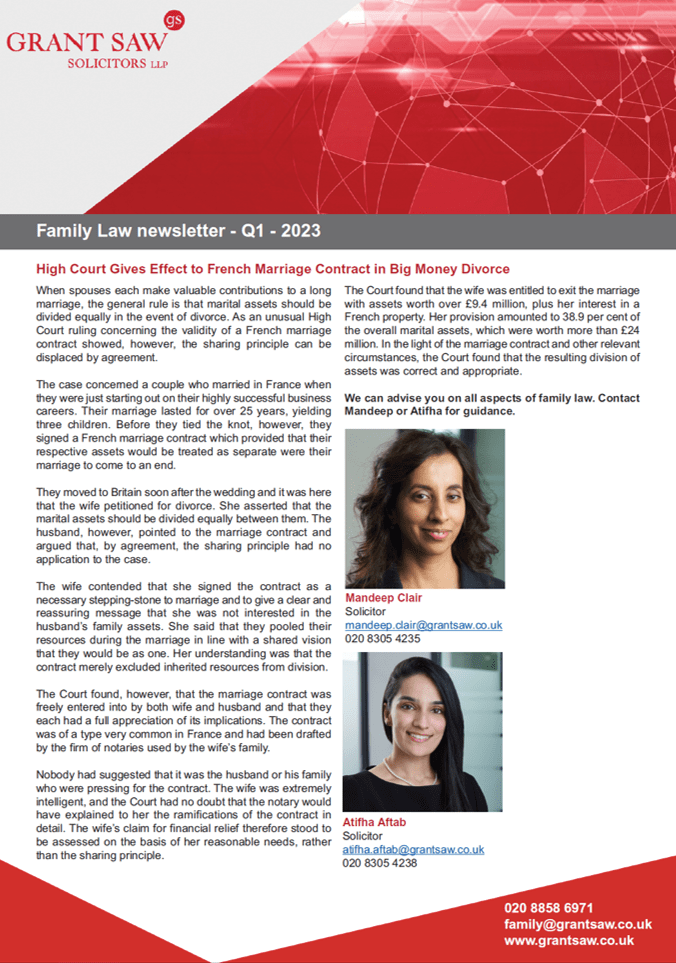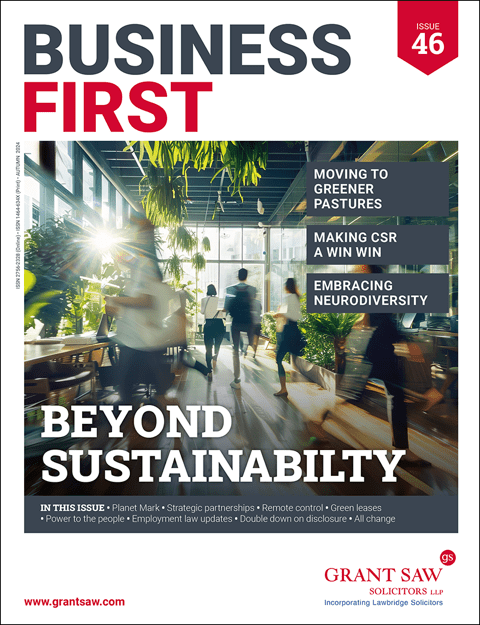A Will sets out an individual’s wishes for the distribution of their estate after their death. Contesting a Will on the grounds of an alleged forgery can be difficult and the procedure for doing so involves the process of a thorough investigation of the Will and the circumstances surrounding how the Will was made.
To ensure its validity, a Will must adhere to specific requirements:
- The Will must be in writing and should provide a clear record of the testator’s intentions.
- The testator must be 18 or over.
- The Will should be signed by the testator.
- The Will should be signed in the presence of two witnesses, who must be independent adults over the age of 18. The witnesses must also sign the Will in the testator’s presence.
- The testator must have the mental capacity to understand the nature of their actions, the extent of their property, and the implications of their decisions. They should sign the Will voluntarily and not be subject to any undue influence or coercion.
What Is a forged Will?
A forged Will is one that has been falsified or altered with the intent to deceive and manipulate the distribution of assets. Forgery within a Will often involves the unauthorised signing, changing, or manipulation of the Will, the signatures on the Will, or any of its provisions.
How can I prove a Will has been forged?
Proving a Will has been forged can be a challenging exercise and one that will require evidence. The evidence to prove that a Will has been subject to a forgery or alteration may include one or more of the following methods:
- Obtaining a report from a qualified expert to compare the purported signature on a Will with genuine samples of the testator’s signatures or witnesses’ signatures on the Will to determine whether there are any inconsistencies and deviations. For example, a forged signature may lack the nuances present in an authentic signature and a handwriting expert will be able to differentiate these and comment on the likelihood of a forgery having occurred.
- Obtaining evidence from witnesses who may be able to attest to the testator’s mental state, the circumstances of the alleged signing of the Will, and whether they can provide any other evidence which would suggest that the Will was not signed in the manner stated in the Will.
Implications of proving a Will has been forged
If you are successful in proving a Will has been forged, there are significant implications which may arise. These would ordinarily include the following:
- The Will is declared invalid. The distribution of assets will revert to that which is contained within a previously valid Will or if there is no previous Will the estate will be distributed in accordance with the intestacy rules.
- The person(s) responsible for forging or altering the Will may face legal consequences, including potential criminal charges for fraud and forgery.
What to do if you suspect a Will has been forged
If you suspect a Will has been forged, we would strongly suggest you speak to an experienced solicitor who can evaluate the viability of your claim. A Solicitor can assist you to gather evidence in the form of relevant documents, signatures, and information that may support a claim.
We have experienced solicitors at Grant Saw who will be able to assist you in a potential claim of an alleged forgery or alteration of a Will. Please feel free to contact us for a free initial discussion. You can email us or contact us on 020 8858 6971.
Meet the Contested Wills and Probate team















































